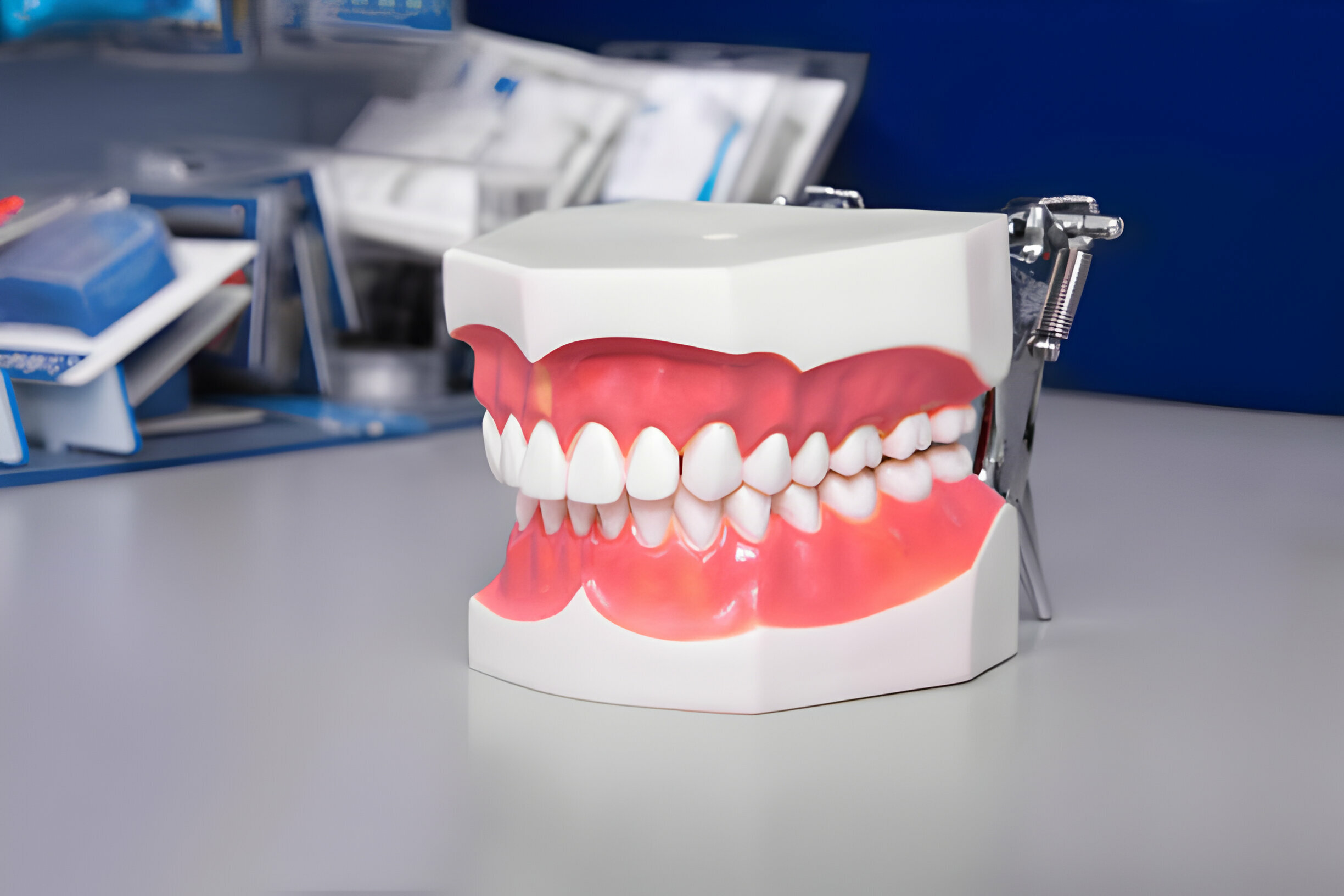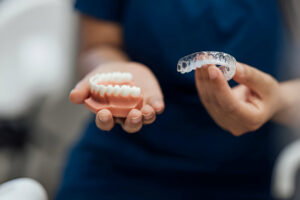Summary:
Are you struggling with a missing tooth? Or, perhaps you damaged most of your teeth, which demand replacement?
Around 178 million Americans have at least one missing tooth. Several treatment options are available to restore damaged teeth and replace missing ones.
Upon consultation with your dentist, you may have two options: dental implants and dentures. While both offer the same cosmetic benefits, they differ at a fundamental level.
It’s common to have questions or remain confused about dental implants vs. dentures. To clear up your confusion, we have curated this article.
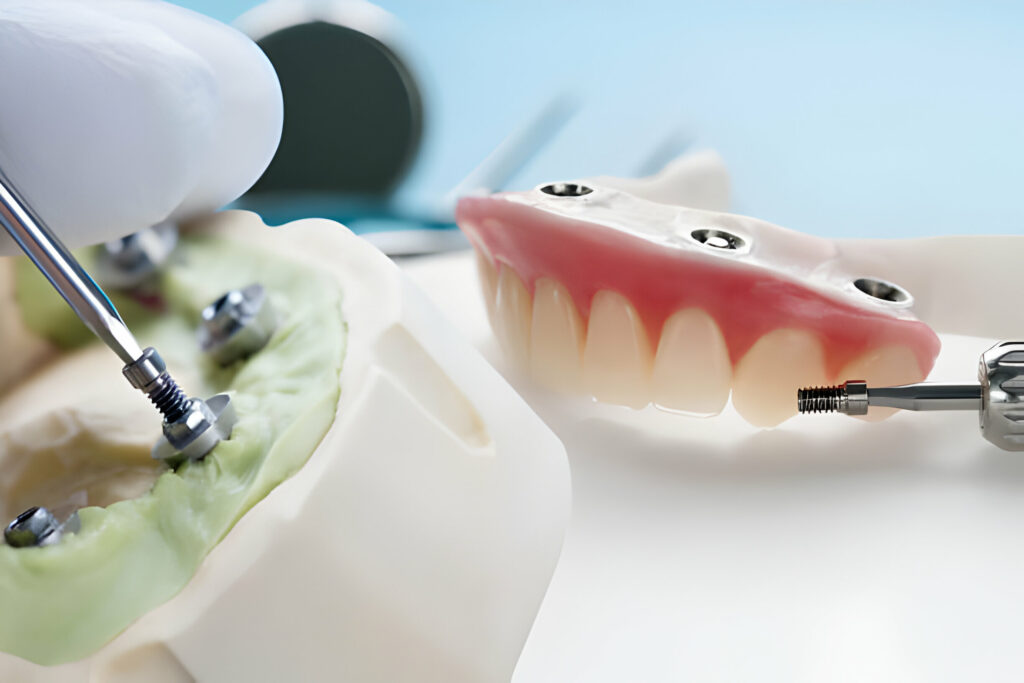
In this blog, we shall delve into topics like:
- What Are Dental Implants All About?
- An Overview Of Dentures
- Dental Implants Vs. Dentures: Understanding The Differences
- Dental Bridges: Another Option For Teeth Replacement
Continue reading to learn the difference between dental implants and dentures and how to choose the ideal option for your smile.
What Are Dental Implants All About?
Dental implants are artificial tooth roots, usually crafted from titanium, surgically implanted into the jawbone beneath the gums. These implants provide a sturdy base for replacement teeth, which resemble natural teeth in function and appearance.
Dental implants are necessary for individuals who have lost teeth for various reasons, such as injury or decay. They offer a permanent solution for restoring oral aesthetics and chewing ability. Unlike conventional dentures, implants help prevent bone loss in the jaw and do not rely on neighboring teeth for support, ensuring long-lasting oral health benefits.
An Overview Of Dentures
Dentures are custom-made prosthetic solutions for individuals with missing teeth and surrounding tissues. They enhance both function and aesthetics. Our technicians craft these removable devices to fit snugly within the mouth, resembling natural teeth in appearance and function.
Dentures are pivotal in improving oral health and confidence by restoring chewing ability and speech.
Dental Implants Vs. Dentures: Understanding The Differences
Dental implants and dentures are two prominent solutions for restoring a smile and regaining functionality after tooth loss. Both options aim to improve oral health, enhance aesthetics, and restore confidence in individuals facing tooth loss.
However, they differ significantly in their approach, structure, maintenance, and long-term implications. Let’s delve into a detailed examination of the differences between dental implants and dentures:
Structural Foundation
- Dental Implants: Dental implants, often considered the gold standard in tooth replacement, involve the surgical placement of titanium posts into the jawbone. These posts are artificial tooth roots, providing a sturdy foundation for mounting individual crowns or bridges.
- Dentures: Dentures, on the other hand, are removable prosthetic devices that replace missing teeth and surrounding tissues. They are typically crafted from acrylic resin, sometimes reinforced with metal, and designed to fit over the gums.
Integration with Jawbone
- Dental Implants: One of the distinguishing features of dental implants is their ability to integrate with the jawbone through osseointegration. This integration provides stability and prevents bone loss, mimicking the function of natural tooth roots.
- Dentures: Dentures do not penetrate the jawbone while resting on the gums. Consequently, they do not stimulate bone growth and may contribute to gradual bone resorption.
Functionality and Comfort
- Dental Implants: Dental implants offer exceptional functionality, allowing individuals to bite, chew, and speak confidently. Since they are anchored securely in the jawbone, implants provide stability comparable to natural teeth, minimizing slippage or discomfort.
- Dentures: While modern dentures are designed to provide a comfortable fit, they may require adjustments and periodic relining to maintain optimal function. Denture wearers may experience challenges chewing certain foods or speaking clearly, particularly if the dentures become loose.
Maintenance Requirements
- Dental Implants: Dental implants necessitate regular oral hygiene practices, including brushing, flossing, and routine dental check-ups. However, their maintenance closely resembles natural teeth, making them relatively straightforward to care for.
- Dentures: Denture care involves removing the prosthetic device for cleaning, typically using specialized denture cleansers. Additionally, denture wearers should brush their gums and remaining natural teeth to prevent plaque buildup and maintain oral health.
Longevity and Durability
- Dental Implants: With proper care and maintenance, dental implants can last a lifetime. Since they are firmly anchored in the jawbone, implants offer exceptional durability and stability.
- Dentures: While durable, dentures may require replacement or relining every 5 to 10 years due to changes in the jawbone, natural wear and tear, and alterations in oral anatomy.
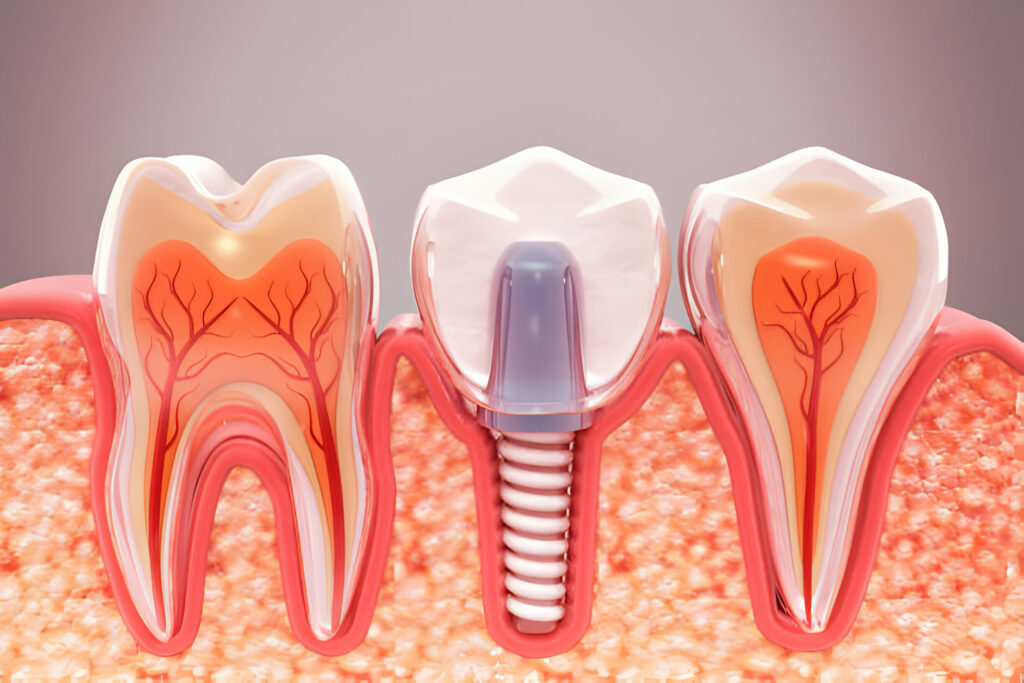
Cost Considerations
- Dental Implants: The initial cost of dental implants tends to be higher than that of dentures, thanks to the surgical procedure, materials, and customization involved. However, considering their longevity and benefits, implants may offer greater value over time.
- Dentures are generally more affordable upfront, making them viable for individuals seeking a cost-effective tooth replacement solution. However, potential maintenance, repairs, and replacement expenses must be considered.
Aesthetic Appeal
- Dental Implants: From an aesthetic standpoint, dental implants resemble natural teeth in appearance, texture, and function. Their seamless integration with the jawbone results in a lifelike smile that enhances facial aesthetics.
- Dentures: While modern dentures are meticulously crafted to resemble natural teeth and gums, they may offer a different level of aesthetic realism and functional harmony than dental implants.
Impact on Bone Health
- Dental Implants: Dental implants are crucial in preserving bone density and preventing bone loss in the jawbone. Implants help maintain oral and facial structure over time by stimulating natural bone growth through osseointegration.
- Dentures: Dentures lacking direct contact with the jawbone do not provide the same level of bone stimulation. Prolonged use of dentures may contribute to bone resorption, changing facial contours, and denture fit.
Dental Bridges: Another Option For Teeth Replacement
We understand that the choice between dental implants and dentures can be overwhelming. Another tooth replacement option offers cosmetic benefits while restoring oral health and functionality. Dental bridges are also a preferred choice for improving smiles and boosting confidence.
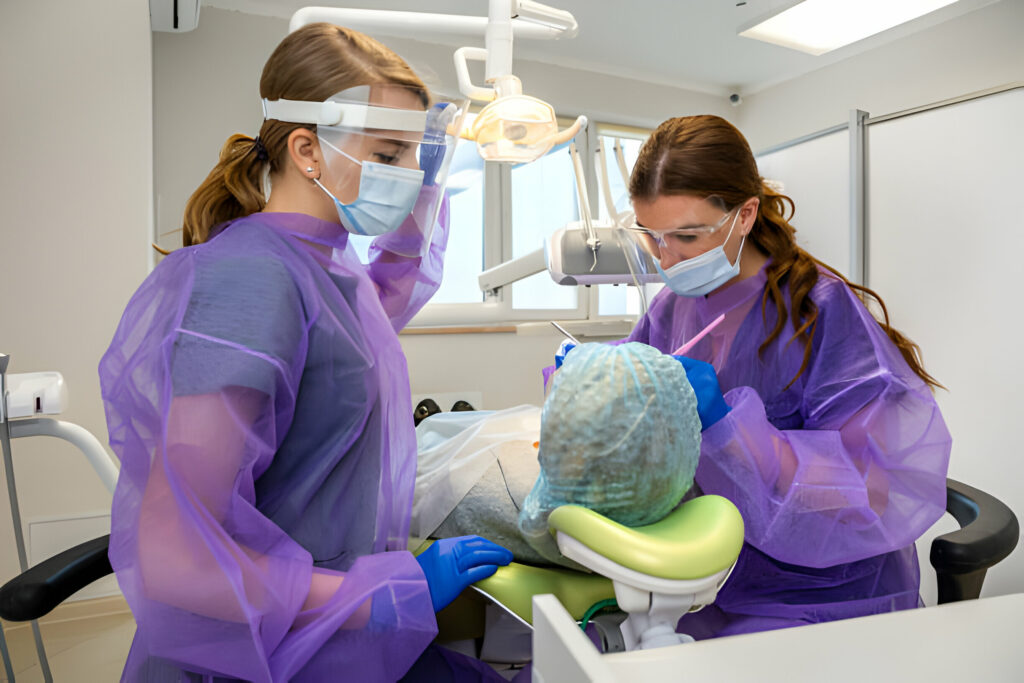
Dental bridges are custom-made prosthetic devices designed to fill the space created by one or more missing teeth. Our dentists in Garland, TX, craft these bridges using porcelain or metal alloys to match the natural appearance of surrounding teeth. They help restore proper chewing and speaking abilities while preventing remaining teeth from shifting their position.
Takeaway
- Many Americans experience tooth loss, with an estimated 178 million having at least one missing tooth.
- Patients facing tooth loss consider two main options: dental implants and dentures. Both of them aim to restore oral function and appearance.
- Dental implants are artificial tooth roots surgically implanted into the jawbone beneath the gums. They offer a long-term solution that closely resembles natural teeth.
- Dentures are custom-made prosthetic devices that are removable and designed to replace missing teeth and surrounding tissues, providing functional and aesthetic benefits.
- Dental implants offer superior functionality and comfort, allowing individuals to chew, bite, and speak confidently. Dentures may require adjustments over time.
- Visit our experts at Distinctive Dental Concepts today to get the right solution for your smile.
